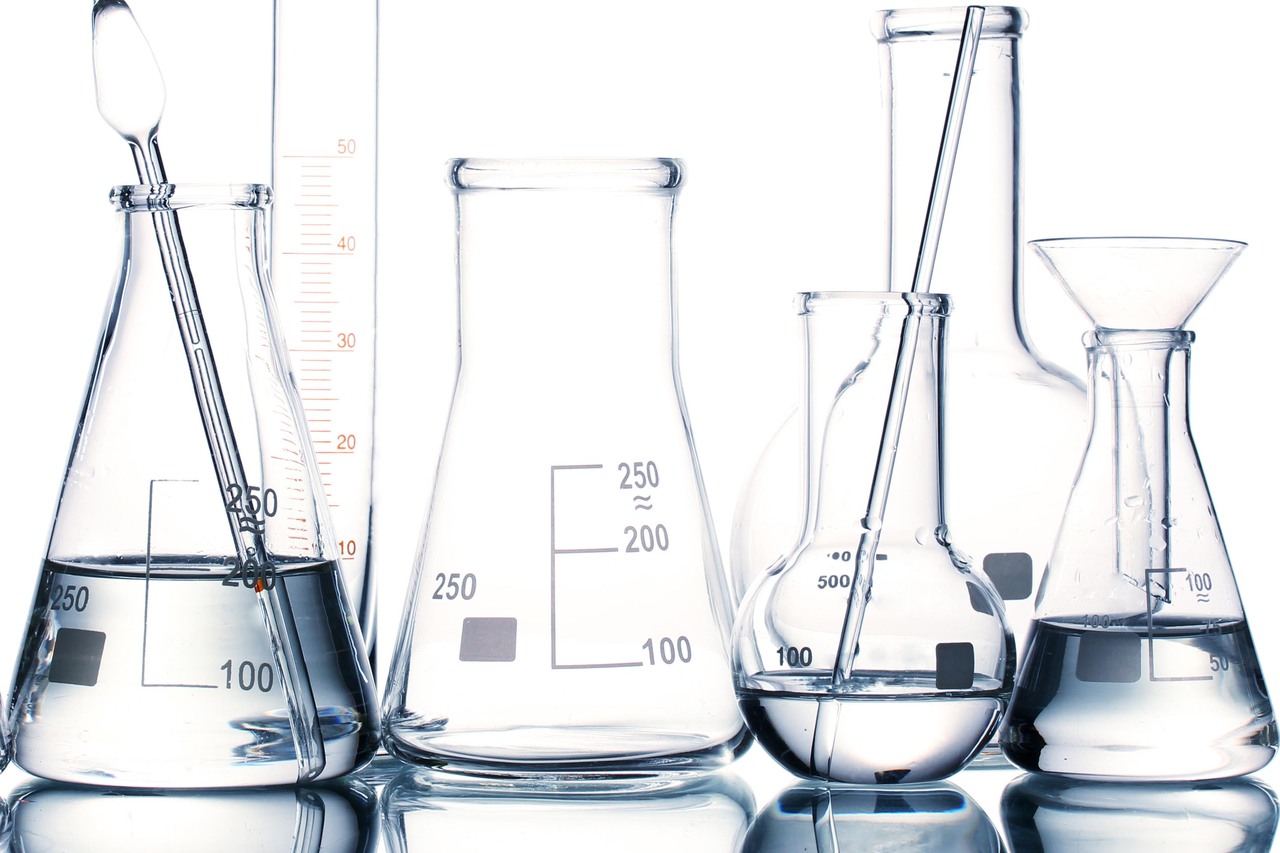When in the field of science and technology, and even many others, there is a major use and consumption of laboratory instruments. When it comes to equipment such as this, it is not only about purchasing and using, thereís a lot more to it. With lab equipment comes processes of maintenance, repairs, calibration, validation, and more.
One of the most sensitive forms of equipment used in any laboratory is the glassware. It is crucial to ensure that these are taken care of in the proper manner. Neglecting to do this not only causes the equipment to deteriorate faster, but can also create problems while conducting experiments and collecting results.
A highly common problem that occurs with glassware, and in this case laboratory glassware equipment, is the formation of moisture. There are plenty of ways that you can take care of your glass laboratory instruments and protect them from moisture. The ways to do this include:
- Desiccants
Desiccants are a type of chemical which absorb moisture from the environment, or instead of absorbing, they dry it out. Many of these chemicals are in the form of salt, although not all. Some of the most common kinds of desiccants are calcium chloride, calcium sulfate, activated carbon, zeolites and silica gel. Using desiccants within the lab to keep moisture out of your instruments is highly recommended. They also contain indicator crystals, which are salts that show their process of absorption by changing colors.
- Detergents
We all know detergents; we use them on a daily basis for dishwashing. The detergents which you may use for your dishes at home are of course great, but they are only great to use at home. For the lab, you need the right ones which are useful in preventing moisture on your labís glassware. These detergents include Liquinox and Alconox. These are far more effective because they have been created especially for laboratory instruments that are made of glass.
- Acetone
There are cases when equipment needs to be used immediately and the laboratory instruments are required to be in use right after a wash. Right after a normal wash, it is normal for the glassware to remain wet and full of moisture. In this case, using acetone is a great idea because it removes water and helps it to evaporate much quicker. While it is suggested to not dry glassware with blown air, you can apply a slight vacuum to the process to finish sooner.
- Deionized Water
Washing the glassware with tap water is not recommended at all. Instead, it would be beneficial to use the right solvents as discussed above, then rinsing with distilled water, and finally rinsing in the end with deionized water. Using tap water for the washing of glassware, especially the ones used in laboratories, needs distilled and deionized water to ensure that the equipment not only is clean but also stays clean.
- Blow-Drying After Use
Again, if any laboratory instruments are needed immediately, itís alright to blow dry with a hair dryer. The steps prior to this can be followed as mentioned above and once washing with the solvent is complete, it is always best to dry with cold air first, and then hot. This not only ensures cleanliness of the equipment but also prevents moisture from collecting within the instrument.
- Air Drying
Another way to avoid moisture or remove moisture from your equipment after washing the instruments thoroughly is simply by air drying. Although, it is important that it is done properly and cautiously. The first thing to ensure is that it is being cleaned by pure water to avoid any impurities now and later when in use. After that, it is crucial that for drying it is kept in a glass cabinet and not any other material. Lastly, wherever you do keep the instruments dry, the environment must be dust free. Another reason why glass cabinets are recommended is to avoid dust collection with cabinets and open areas.
As discussed, laboratory equipment can be very sensitive. Because of how they are used, it is extremely important that their cleanliness and hygiene is maintained and kept above par. With things such as dust, dirt, leftover remnants, and moisture, not only are the processes of scientific and technology research within these labs harmed but also the outcome and results. These human errors and drawbacks can be avoided during experiments and research if the right steps are taken.
Start taking care of your laboratory instruments and make sure your equipment is not only clean, but also reliable and long lasting. Instruments used in labs themselves are an investment. Therefore, ensuring that they are kept clean and dry is a great step to take to prevent harm to experiments.
Learn more about the right way to maintain your lab equipment and get the help you need!





